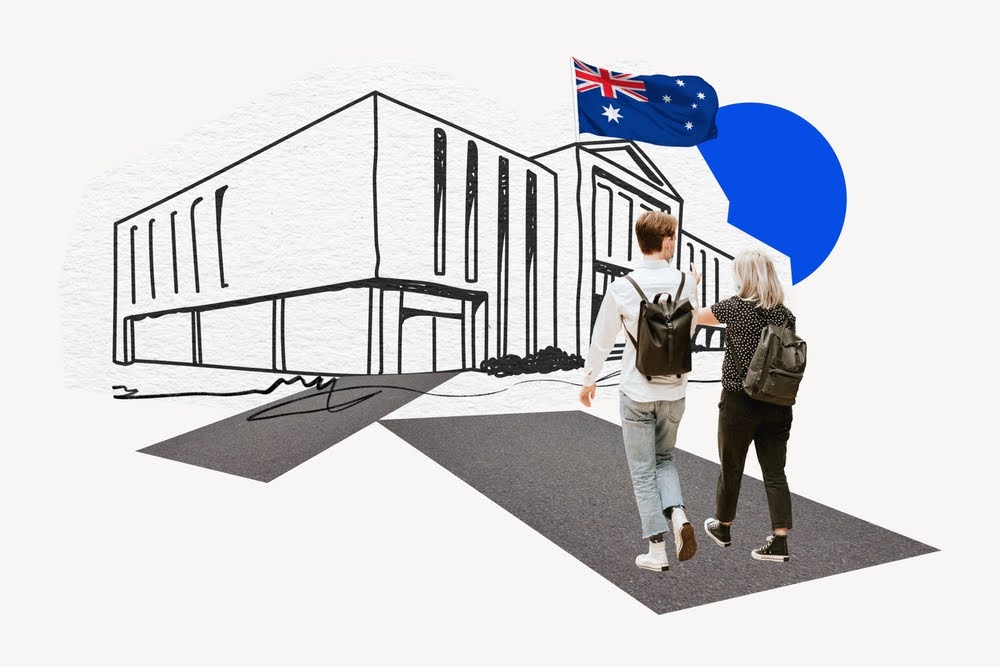Whether you’re operating within the cybersecurity, infrastructure or technology sector, there are countless government contracts and tenders available to private businesses across the APAC region.
These contracts can be a lucrative source of income for your business, as typically, government agencies order much higher quantities than individual consumers and most businesses. Building a track record of supplying to governments also makes it more likely that you’ll qualify for future high-volume and high-profile contracts and tenders, consolidating your enterprise as a trusted partner.
However, in order to qualify for government contracts, you’ll need to adhere to certain quality standards. We’ll walk you through some key strategies for qualifying for government contracts and tenders so you can grab a piece of the pie.
Secure the Necessary Certifications
Government agencies look for suppliers and consultants with strong trust signals to their name. This is why ISO compliance is considered to be foundational when applying for government contracts. The most sought after accreditations include ISO 9001 Quality Management certification, ISO 14001 Environmental Management Systems certification, and most recently ISO 27001 for Information Security Management Systems.
Being internationally standardised frameworks, ISO compliance is recognised by governments across the globe, which is yet another reason why certification is often considered to be an explicit requirement for certain tenders. However, it’s also important to remember that the ISO isn’t the only organisation of its kind.
Certain APAC countries will require your business to be certified by a local body: for instance, you may need to receive JIS certification from the Japan Industrial Standards Committee (JISC) in order to sell products in the Japanese market. There are also international certifying bodies like the Center for Internet Security (CIS), EcoVadis and the Forest Stewardship Council (FSC) that provide accreditations you can present alongside or instead of an ISO certificate.
Certifications are an easy way for government agencies to determine whether they should even consider your company as a potential supplier. Make sure to look up whether or not you need to hold any specific accreditations to qualify for the tenders and contracts you want and work towards achieving these certifications.
Understand Each Country’s Requirements
It’s important to keep in mind that each APAC country has distinct requirements when it comes to qualification for government contracts. You can learn more about these through official portals like AusTender for Australia, GeBIZ for Singapore and JAGGAER for New Zealand.
We’ve already mentioned the fact that some governments will require you to receive accreditation from a local body, but the difference in requirements goes well beyond certifications. Each country will ask for a specific set of documents, and in some cases, you’ll need to translate these documents into the local language.
The best way to adhere to a particular country’s specifications when it comes to qualifying for government contracts is to have a strong local presence. This can mean opening a branch in the country in question, or even setting up robust and reliable APAC supply chains if that’s key to your expansion strategy. Alternatively, you can also work with a local procurement agent. We’ll cover this option in the next section.
Reach out to Procurement Agents
It can be difficult to stay informed of each new government tender that becomes available, especially if you’re monitoring multiple countries. Similarly, your business might not have the time or manpower to keep up to date with each country’s rules and regulations, especially given the fact that these are subject to change.
This is where a procurement agent can help. A procurement agent is a professional who is typically based in the country where you want to apply for a government contract or tender. They’ll be intimately familiar with the requirements you need to fulfil in order to qualify. Crucially, they’ll also have government connections and can inform you as soon as a suitable contract or tender is up for grabs.
In business, it’s important to remember that you don’t have to do everything on your own. Make connections with procurement agents in countries whose governments you want to sell to in order to boost your chances of landing work.
Prove That You Can Get the Job Done
The outlook for the APAC region is generally optimistic, which means two things: more opportunities, and more competition. For each government tender you apply for, you’ll have to beat out several other companies looking to seize the same opportunity. You need to demonstrate to the government agency you’re looking to work with that your products and processes are superior to those of your competitors.
First of all, most agencies will ask you to prove your legitimacy. You can do this by submitting documents like a certificate of incorporation or a business license.
Next, governments will want to see that your company is financially capable of staying in operation for the foreseeable future and completing the contract. Make sure to have financial documents like balance sheets, income reports and proofs of tax compliance on hand.
Finally, you should also prepare some case studies of past work you’ve done for governments or private organisations. If you demonstrate strong financial health and an impressive track record, it’ll be easier for you to be selected for contracts and tenders.
Get your APAC Enterprise Ready for Tenders
Government contracts and tenders are fantastic ways to boost sales, increase revenue and fuel business growth. You can maximise your chances of winning these lucrative deals by understanding the standards you need to adhere to in order to qualify.
In this article, we’ve gone over some key strategies your business needs to follow in order to supply to the government. Implement them today to give yourself the best possible chance of winning that government contract or tender you have your eye on.




























